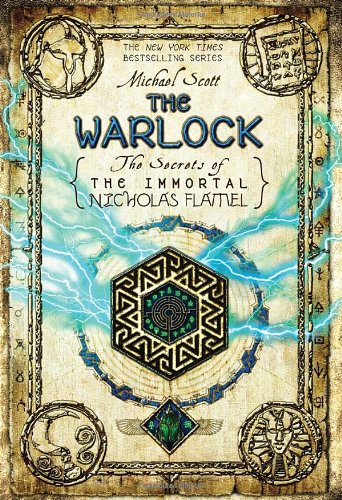#644
Title: The Lost Hero (The Heroes of Olympus #1)
Author: Rick Riordan
Author: Rick Riordan
Publisher: Disney-Hyperion
Year: 2010
557 pages
557 pages
This volume begins a second demigod arc that follows on the Percy Jackson set. Being a person of a certain age who spent a great deal of time reading ancient mythology and religion as a child, I figured out the book's big reveal early on, but I enjoyed watching Riordan's dodges and half-statements until he was ready to tell all. The action here sets the terms for this set of books. It's a playful re-engagement and I look forward to the second volume, due out this fall.






